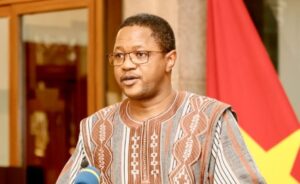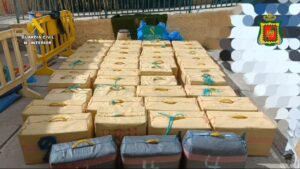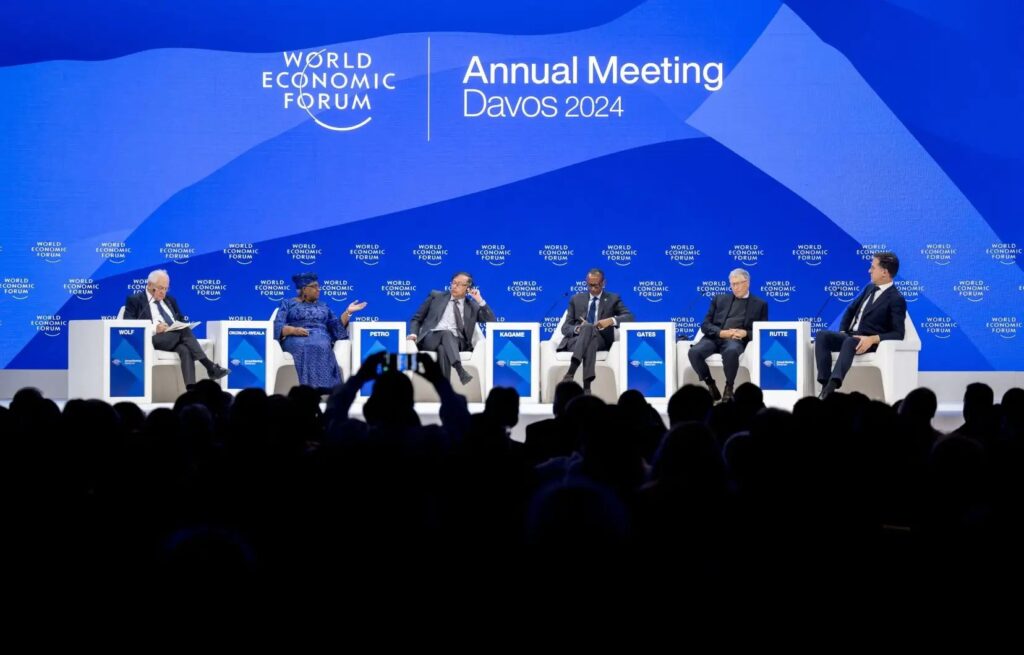In his closing speech at the 6th Trade Policy Review (TPR) of Morocco within the World Trade Organization (WTO), Abdelouahed Rahal, the Director General of Trade at the Ministry of Industry and Trade, highlighted that Morocco has made the opening of its economy a driver of growth.
The Kingdom has always been committed to continuous improvement of its business environment through the launch of a series of reforms, accompanied by sectoral strategies that provide visibility to national and international economic operators, Mr. Rahal emphasized. Thanks to its international commitment and belief in multilateralism, Morocco has positioned itself in the region as a competitive base for investment, production, and export, the official affirmed.
Diversification of partners is now a cornerstone of Morocco’s international development strategy, Mr. Rahal explained, noting that « this choice can only achieve its objectives through complying with our commitments with partners and thanks to our voluntary participation in various initiatives launched by the WTO such as the Agreement on Trade Facilitation for Development. » He also presented additional observations encompassing several general and sectoral strategies in response to interventions from members, who particularly praised Morocco’s efforts to align its systems with WTO rules.
Furthermore, being aware of the importance of implementing the WTO agreement on fisheries subsidies aiming to sustainably preserve oceans and fishery resources, Morocco has initiated the ratification process and will spare no effort to work with all Member States to conclude negotiations for the 2nd phase of the agreement, « as it is our duty and responsibility to preserve our common heritage of living marine resources for future generations, » the official supported. Morocco has also expressed its wish to swiftly adopt the Agreement on Trade Facilitation for Development, expected to create a more transparent, efficient, and conducive environment for accelerating cross-border investments.
Regarding customs tariffs applied to agricultural products, Mr. Rahal pointed out that peaks only concern 3% of tariff lines and that 30% of tariff lines have a duty of 2.5%, emphasizing that these tariffs remain relatively low compared to rates applied by regional countries and internationally. As for trade facilitation, especially customs clearance procedures, the official highlighted that digitizing processes through a single window has ensured transparency, traceability, and tracking of import dossiers. Thus, Morocco has implemented a new system for assessing industrial product conformity, enabling random inspection to ensure the smoothness of import operations.
In terms of transparency and notification requirements under WTO agreements, Morocco, respectful of its multilateral commitments, has paid particular attention to this issue, as evidenced by the 98 SPS measures notified between 2016 and 2023 under the Agreement on the Application of Sanitary and Phytosanitary Measures (SPS Agreement) and the 34 notifications under the Agreement on Agriculture during the considered period. Additionally, Mr. Rahal disclosed that in 2023, Morocco attracted nearly $34 billion in foreign direct investment (FDI Greenfield projects), double the previous historical record of $15.8 billion set in 2008, ensuring very promising prospects.
In terms of public procurement, Morocco ensures equality, competition, and transparency principles in awarding contracts, the official stated. Thus, the new procurement code offers a wide range of benefits, especially for very small, small, and medium-sized national or foreign enterprises in Morocco, which account for 30% of the estimated amount of public contracts each budgetary year, he elaborated.
Morocco presented its trade policy for the sixth time within the WTO on Monday and Wednesday. The Trade Policy Review is a procedure conducted at regular intervals, every 5 or 6 years, for each country among the current 164 members of the organization.
In conclusion, with its commitment to openness, diversification, and continuous improvement, Morocco’s trade policy has established a solid foundation for growth and competitiveness in the global arena. The country’s emphasis on improving the business environment, transparency, and compliance with international standards reflects its determination to maintain a favorable climate for investment, production, and trade.
Partagez cette article:

Victoire méritée pour Le Real Madrid, champion d’Espagne

Le Burkina Faso confirme son soutien à l’Initiative royale de la Façade Atlantique

Le Maroc remporte son 2ème titre consécutif par équipe grâce à Ed-Doghmy


